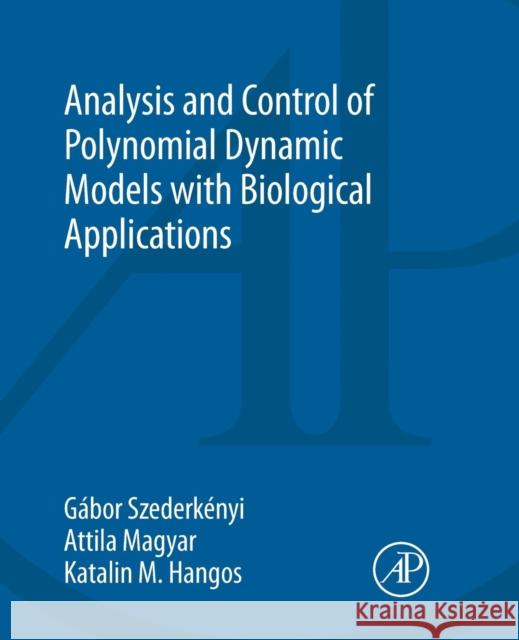Analysis and Control of Polynomial Dynamic Models with Biological Applications » książka
topmenu
Analysis and Control of Polynomial Dynamic Models with Biological Applications
ISBN-13: 9780128154953 / Angielski / Miękka / 2018 / 184 str.
Kategorie:
Kategorie BISAC:
Wydawca:
Academic Press
Język:
Angielski
ISBN-13:
9780128154953
Rok wydania:
2018
Ilość stron:
184
Waga:
0.32 kg
Wymiary:
23.5 x 19.1 x 0.99
Oprawa:
Miękka
Wolumenów:
01











